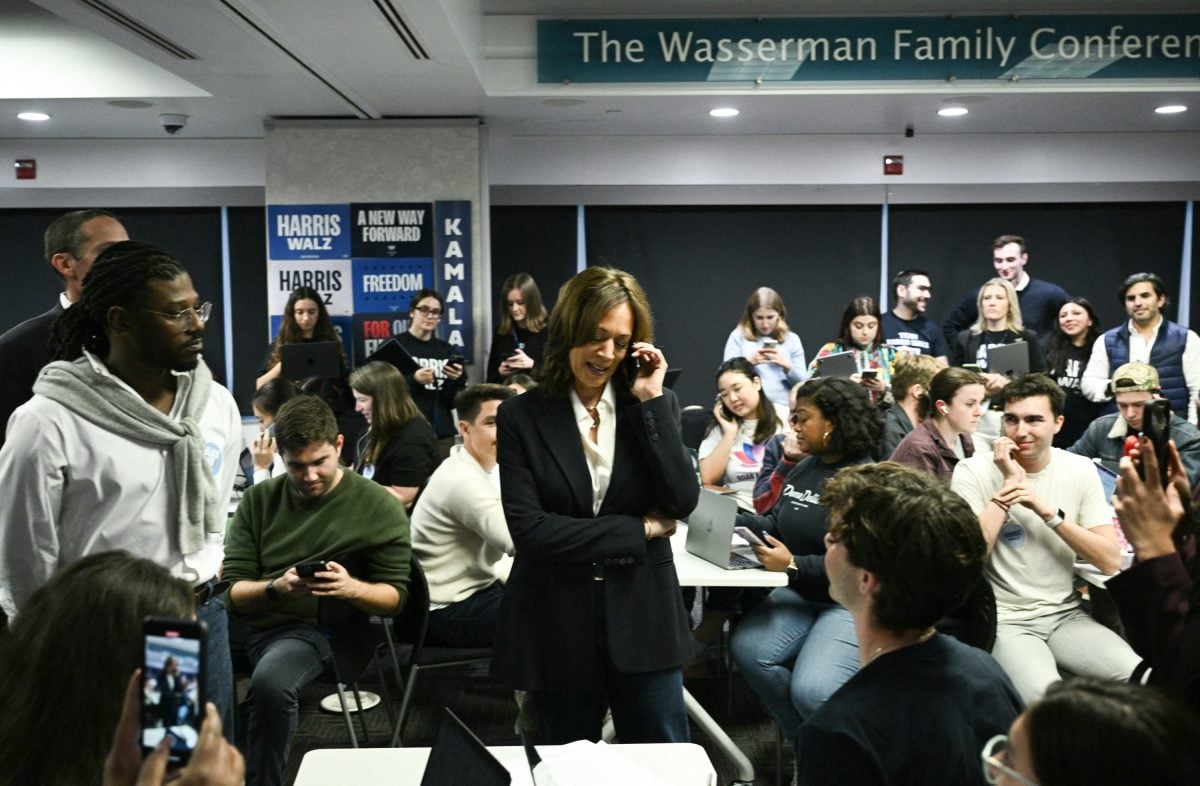With Republicans running the White House and Congress, the person who wins the DNC chair race will take on a critical role in U.S. politics. They will serve as a national spokesperson for the Democratic Party while simultaneously leading a fundraising and campaign organization that received and disbursed over $450 million in campaign funds over the last two years.
In writing this piece, I reached out to 427 of the DNC’s 448 voting members and interviewed 19 of them. Those who spoke with me came from ideologically, geographically, and racially diverse backgrounds. They included Democrats from rural and urban communities, grassroots party members, elected officials, and party insiders and critics alike. Most agreed to speak on the condition their names wouldn’t be used.
What emerged from these conversations is a picture of a DNC that is built to be an undemocratic, top-down institution, unable to truly leverage the wisdom and guidance of the DNC members who hail from local and state networks across the country. This is especially true when those local and state members disagree with the DNC’s posture or strategic choices.
The 2024 elections were a case in point. President Joe Biden may have wanted to run for reelection, but America would have been better served if DNC members were empowered to publicly challenge that decision and force a national debate to happen much sooner. But Biden controlled the DNC through Harrison, his hand-picked chair, and the culture of the DNC is not one that rewards dissent.


The Republican Party, being even more right-wing, can afford to be more democratic, because their constituents are even less a threat to the capitalist class.